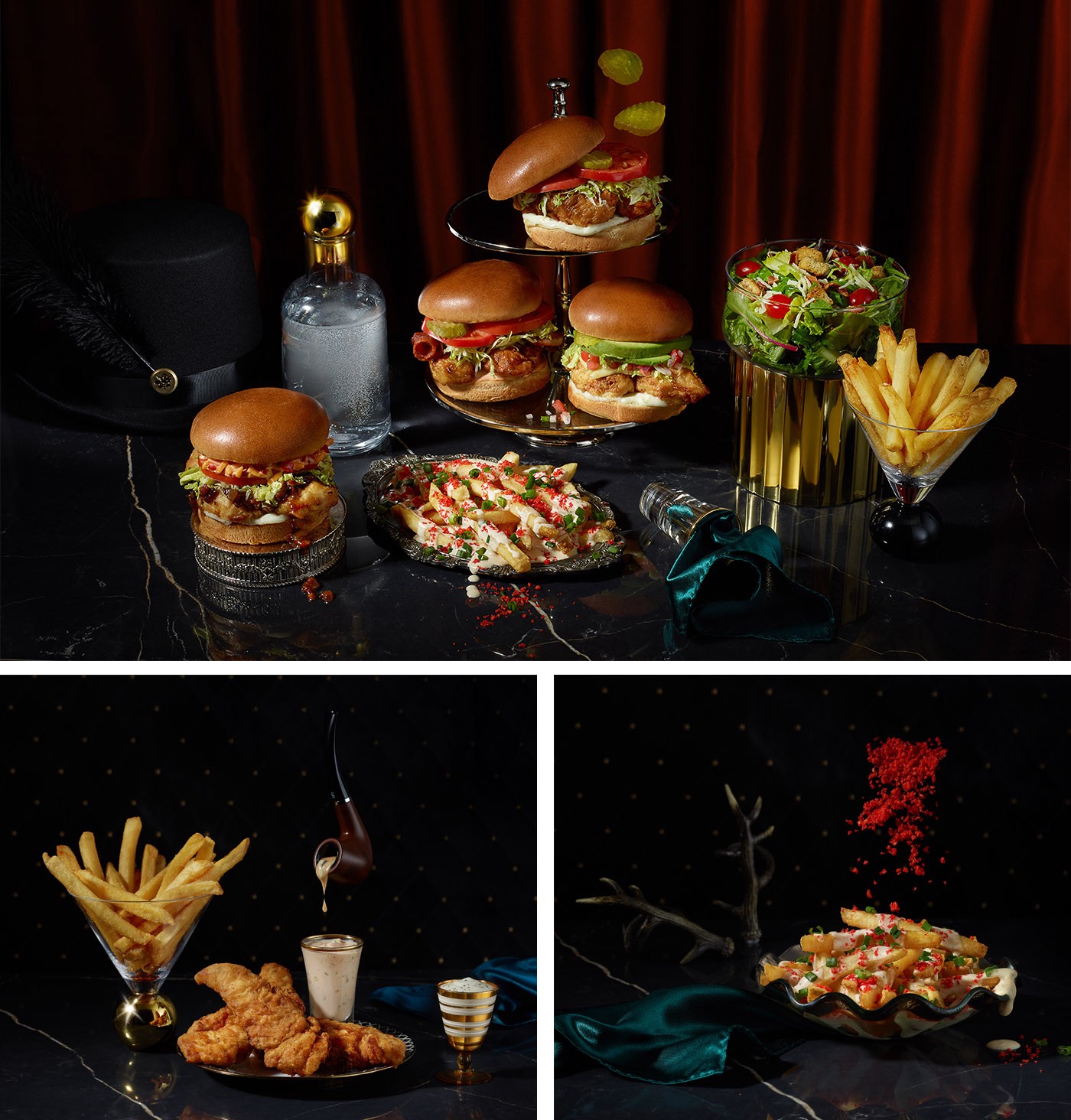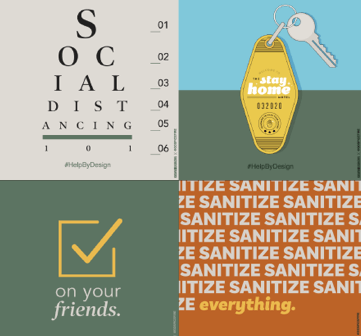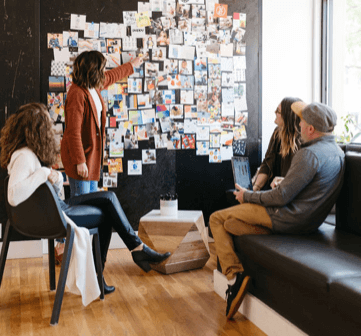By now, I don’t have to detail all the ways COVID-19 has impacted our daily lives and behavior. The pandemic has affected nearly every consumer category: influencing new consumer attitudes and behaviors, and killing entire industries while inspiring growth in others.
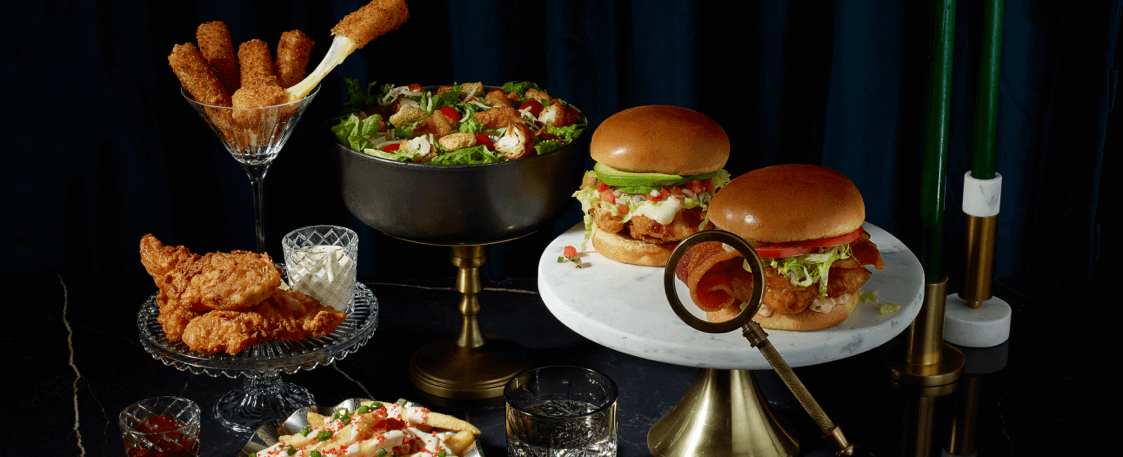
Growth
Thriving Through Adversity
News coverage has focused so much on the negative impacts of Covid (not that we blame them) but when it comes to new brand launches, pivots and innovations — the year hasn’t been a total flop. We’re here to take a closer look at some of the success stories; to peek behind the curtain and understand how a mighty few brands took sour lemons and turned them into sweet lemonade.
So what do these brands have in common? Here is our summary of how these brands were able to persevere during times of uncertainty.
So what do these brands have in common? Here is our summary of how these brands were able to persevere during times of uncertainty.
Actively listen to consumers and pivot to meet their needs and behaviors
The hospitality industry was crushed through the COVID-19 pandemic. Consumers were afraid to leave their house, let alone travel to another state. Our client Stay D’Alexander offers a collection of home rentals that operate as a boutique hotel. Well before the pandemic, their business had already built a new world for live, work and play: these ‘destination homes’ offered flexibility and a comfortable getaway for extended periods of time.
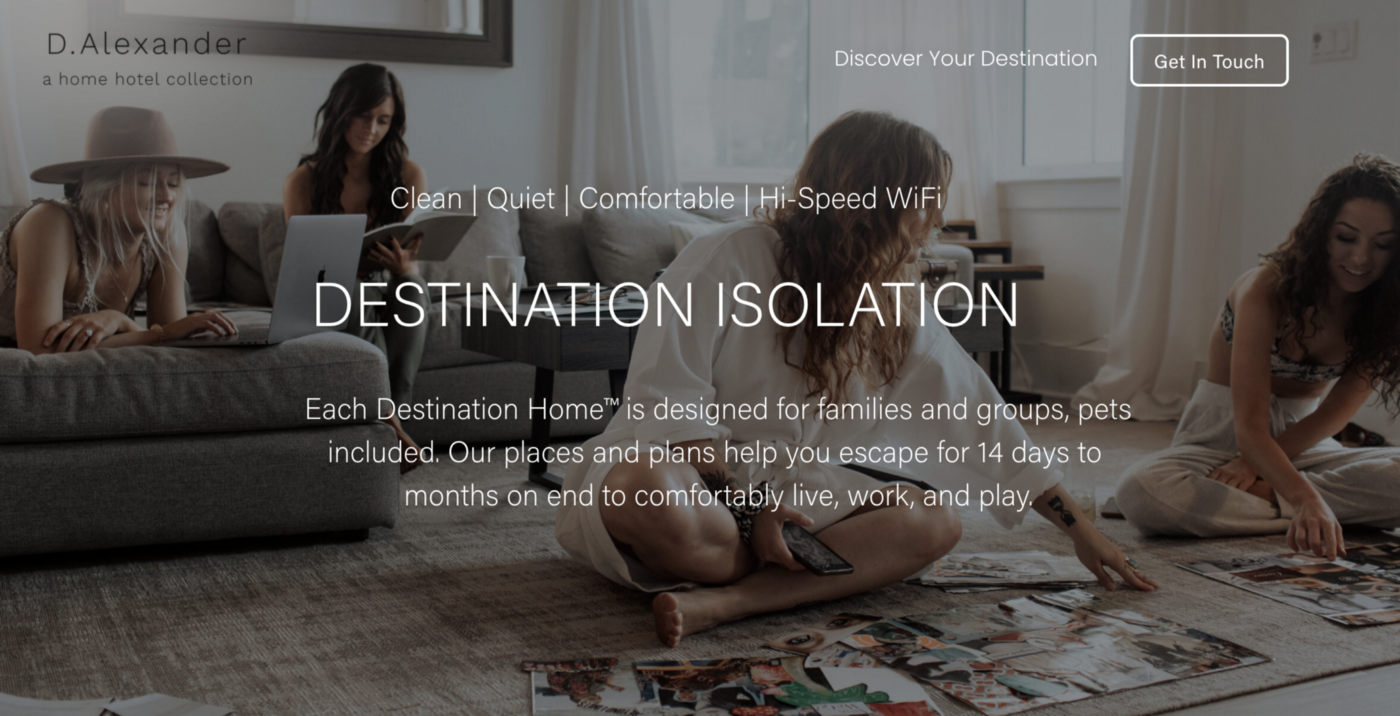
Image via Stay D’Alexander
But as consumer behavior was shifting towards a stay-at-home mindset, D’Alexander shifted their positioning to showcase a calming escape during stressful times. They launched Destination Isolation, a response to the virus that offers retreat and isolation with complete mobile access. Consumers were utilizing their homes as an opportunity to practice effective social distancing while reducing stress.
As Alex pointed out recently on Forbes Real Estate Council: “Consumer needs and preferences are rapidly changing. What was relevant 12 months ago likely isn’t relevant or optimal today. Leaders across sectors can keep up with generational change and demographics by tracking behavioral shifts in life, work and play to see where the puck is going, disposing of historical norms. I started my company based on this method of synthesizing and forecasting consumer evolution.”
As Alex pointed out recently on Forbes Real Estate Council: “Consumer needs and preferences are rapidly changing. What was relevant 12 months ago likely isn’t relevant or optimal today. Leaders across sectors can keep up with generational change and demographics by tracking behavioral shifts in life, work and play to see where the puck is going, disposing of historical norms. I started my company based on this method of synthesizing and forecasting consumer evolution.”
Take purposeful risks
The biggest fear our clients have is not alienating their core consumer. The problem with this is that the core consumers tend to not be interested in a different future state. They are comfortable with their current situation. Understanding and creating new products, new messaging or new brands for these future consumers are where growth opportunities live.
In our work with NBL CKN, for example, we helped the established Buffalo Wings & Rings restaurant launch a new brand focused on the needs of the moment: delivery and take-out. It’s no easy feat for a new brand to stand out in this crowded space, but we knew with the right branding, messaging and elevated photography, the brand could stand on its own and build a distinct fan base within the to-go space. There was risk in building a new brand without existing awareness, but as an opportunity to penetrate a new and growing market, the calculated gamble was well worth the payoff
Lead with values
When the pandemic hit, Peloton had to shift their entire operational business model — from closing studios to shipping fully manufactured bikes through their ‘threshold delivery’. According to Brad Olson, Chief Membership Officer, “The shift in strategy meant the production studios and retail showrooms were closed, leading to a couple of hundred retail and studio employees being repurposed and retrained to support phone and chat sales, or the member support team.”

Social-media posts from Peloton riders via theCUT
Almost overnight, Peloton had made major shifts in strategy, operational procedures, employee training and website communications. Because they were able to retrain employees and continue to pay them in full, they were able to handle the large increase in sales as consumers shifted from gyms to in-home workouts.
How did they manage the shift so quickly and successfully? “We believe if we create a world class employee experience, they will deliver a world class member experience,” says Brad. The company counts an obsessive focus on the member experience as one of its core values. They spend time listening, and often know what their customers want even before they do. It’s their proactive listening and collaborative drive to create a better experience that makes Peloton the leader that it is today.
Even when faced with safety concerns of their Tread and Tread+ products, the company values prevailed, offering members of their community a full refund on product recalls — no exceptions or fine print
How did they manage the shift so quickly and successfully? “We believe if we create a world class employee experience, they will deliver a world class member experience,” says Brad. The company counts an obsessive focus on the member experience as one of its core values. They spend time listening, and often know what their customers want even before they do. It’s their proactive listening and collaborative drive to create a better experience that makes Peloton the leader that it is today.
Even when faced with safety concerns of their Tread and Tread+ products, the company values prevailed, offering members of their community a full refund on product recalls — no exceptions or fine print
So what does it take to thrive in times of adversity?
The pandemic was devastating for a huge number of companies. But for those that were able to survive and thrive over the last year, it’s no secret why. For many brands, it meant handing customers the microphone and letting them steer the ship. For others, it was a quick pivot or a calculated gambit that won the day. And for others still, it was as simple as going back to the values that got them this far, doubling down on pillars of the brand and reframing them for a new era. Whatever the strategy, though, the value proposition is pretty simple: put your customers first and the loyalty will pay dividends.
Let’s create something
big together.
We love collaborating through challenges, big and small. If you're looking for a true partnership, we'd love to hear from you.
